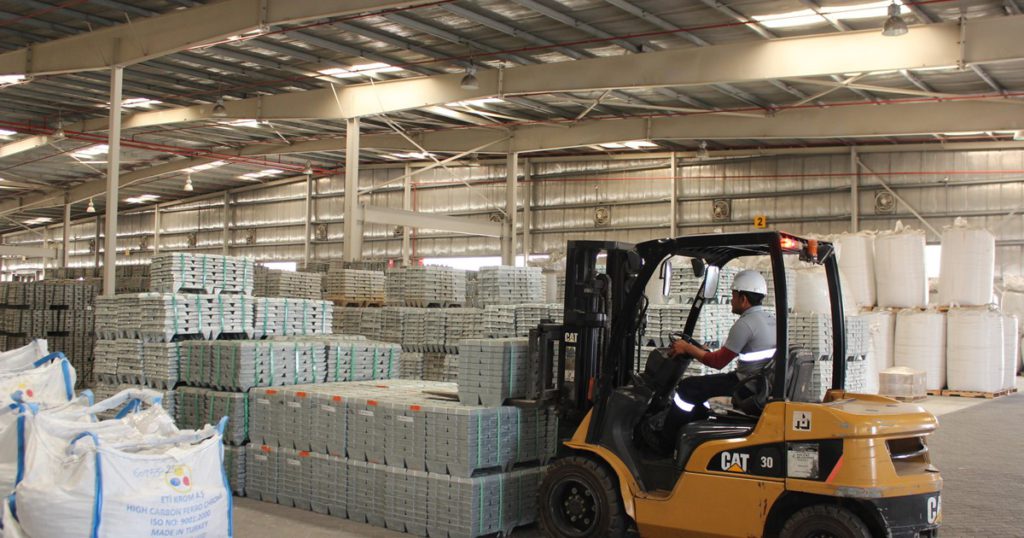Traders in China rush to check metal stocks on pledging concerns

Traders are rushing to check that the metal they hold in Chinese warehouses really exists, as allegations of irregular financing trigger a widespread loss of confidence in the world’s largest aluminum market.
Global commodities powerhouses Glencore Plc and Trafigura Group are among traders checking their aluminum inventories after several domestic trading firms claimed last week they were duped into providing loans against artificially inflated stockpiles, said people familiar with the matter. At least three metals warehouses in China have also suspended operations while they account for their inventories.
A separate company, Wuxi Guolian Logistics Co., which owns a major warehouse in the eastern province of Jiangsu, told clients it had recently completed checks for 24 companies, according to the people, who asked not to be identified as the information is private. Glencore and Trafigura were among them, as well as trading units of top Chinese aluminum smelters, the people said.
All of the traders were able to locate their inventories in the warehouse, Wuxi Guolian told its clients, according to the people. Calls to the company, which is state-owned and approved by the Shanghai Futures Exchange to hold commodities against futures contracts, and its parent Guolian Group weren’t answered.
Trafigura doesn’t have any exposure to the allegedly fraudulent transactions, but has been affected because it has a small amount of metal in one of the warehouses that has halted business, said one person familiar with the matter.
Trafigura and Glencore declined to comment. The Shanghai Futures Exchange didn’t immediately respond to a request for comment.
Last week’s allegations, which are focused on a facility in the city of Foshan in southern Guangdong province, have spooked China’s metals markets, which rely on warehouse receipts to prove ownership. Several traders have alleged they lent a total of more than 500 million yuan ($75 million) against stockpiles of the metal stored in the Guangdong warehouse, but then found the inventories were worth significantly less than that.
Some Chinese traders have started moving inventories to warehouses they believe are less risky, according to the people.
In addition, CMST Development Co., a logistics firm listed in Shanghai, sought to put distance between its operations and the allegations that are roiling the industry. The state-owned company issued a statement to the exchange saying it isn’t involved in the Foshan incident, although it is helping clients transfer their goods to its facilities.
(By Alfred Cang and Jack Farchy, with assistance from Archie Hunter)
Read More: ‘Fake’ aluminum stocks put perils of China’s commodities funding in spotlight
{{ commodity.name }}
{{ post.title }}
{{ post.date }}




Comments